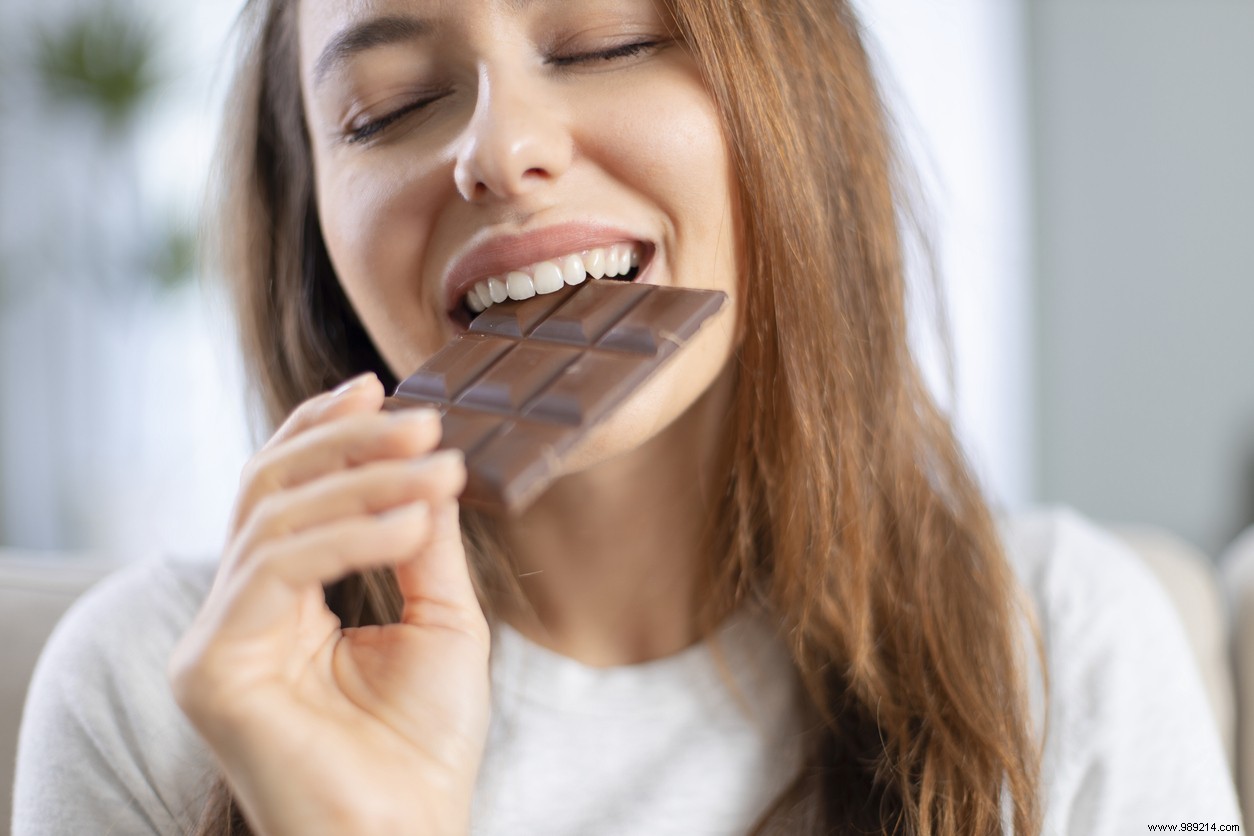Leaving your cozy bed for a snack at night has happened to most people. However, if these little nighttime cravings happen too often, it may be a specific disorder:nocturnal binge eating.
A piece of bread with cheese, a piece of brioche with chocolate or even a few biscuits… the choice can be quickly made when it comes to getting out of bed at night. night in order to satisfy a little hunger that can happen from time to time to anyone. On the other hand, care must be taken that this does not happen too often. In an article published on April 14, 2021 by Doctissimo, dietician-nutritionist Véronique Liesse is formal. If an individual gets up often during the night to snack, it may be nocturnal binge (or nocturnal bulimia).
This eating behavior disorder (ED) is characterized by a strong desire to get up at night to eat, sometimes even without real hunger. The specialist recalls that it is really a question of nocturnal bulimia if the cravings appear more than twice a week for at least six months . Moreover, this TCA concerns both men and women.

Getting up at night to eat can be explained by different reasons. The individual may have lacked food intake during the day. As a result, his body feels hypoglycemia and do not hesitate to complain. There is absolutely nothing pathological about it. Let's also mention food frustration. Some people indeed strictly control their diet during the day. At night, they "crack" and eat all types of food, even those they forbid themselves during the day (too fatty or too sweet). This letting go after deprivation reinforces the feeling of wanting to control oneself during the day, so much so that a true vicious circle gets ready. Nocturnal hyperphagia can also result from a strong feeling of stress, anxiety or even depression. In this case, the foods on which the individual chooses are comforting, for example candy, chocolate and cakes.
Unfortunately, nocturnal binge causes weight gain . Indeed, nocturnal food intake is not spent, in the absence of activity. In addition, the foods that satisfy these nighttime cravings are often real calorie bombs. A 2017 study found that eating around 3am (at the time of peak melatonin production) promotes fat storage.
As a reminder, eating disorders such as anorexia nervosa, bulimia or binge eating affect 5 to 10% of the population.